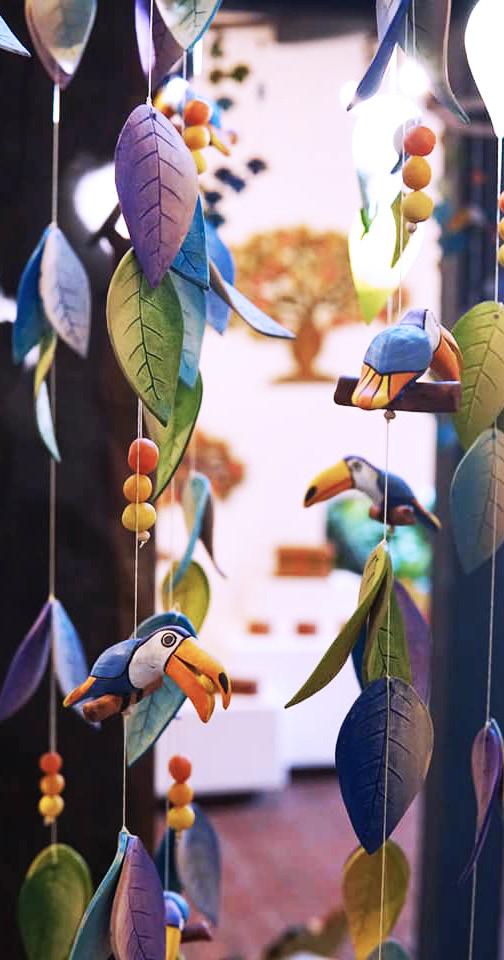
2 minute read
Financial Sustainability and Self-Reliance
Cacao and coffee cooperative Cooperativa de Servicios Múltiples Ríos de Agua Viva 21 de Junio R.L. (RAV) in Nicaragua was on track to be self-sustaining through product sales prior to Hurricanes Eta and Iota, having tripled its profits since receiving its IAF grant. RAV provides training, technical assistance, and processing services to increase cacao and coffee farmers’ incomes in 27 communities in the municipality of Rancho Grande. Farmers had increased productivity per hectare by close to 30% and nearly doubled the amount of dry cacao they sold. RAV supported 500 conventional cacao producers in adopting and certifying sustainable farming practices and quality, which combined brought them an additional $500 per metric ton. RAV also used IAF seed funding to set up a revolving loan fund. With loans from RAV, farmers invested in upgrading and maintaining their cacao and coffee farms, and the fund grew by 28%. The cooperative exports to German company Ritter Sport and started selling samples to potential clients in Canada, Europe, and the United States. To finance growth, RAV accessed soft loans from Amsterdam-based Rabobank Foundation. Flooding from the hurricanes damaged cacao trees and the IAF funded RAV’s revolving loan fund to give members an influx of credit to rebuild. RAV has since rehabilitated almost 230 hectares of cacao and planted more than 60 new hectares.
Artecampo, an IAF grantee and Indigenous women’s artisan association in Bolivia, is responding creatively to the COVID-19 pandemic to keep its business afloat. Sales of Artecampo’s artisan goods fully sustained its operations and provided essential income for its 600 members prior to the pandemic, which forced businesses worldwide to adapt their production, marketing, and distribution strategies. The association developed 11 new products, including hand-embroidered face masks. Exploring new markets to offset losses, the association found a foothold online. After having to close its store for five months in March 2020, Artecampo ramped up its advertising via social media, TV and radio programs, and newspapers, and grew its portion of online sales. In May 2021, Miss Bolivia showcased an Artecampo face mask in the media coverage of her participation in the Miss Universe pageant. While the transition has required significant effort, Artecampo started generating income just two months after closing its physical store. Sales are recovering and Artecampo increased yearon-year sales in November and December 2020, giving hope that the association will bounce back to sales that exceed pre-pandemic levels. Since reopening online, Artecampo has posted progressively higher monthly gains and is exploring new administrative and financial practices to strengthen its resilience to future shocks.









